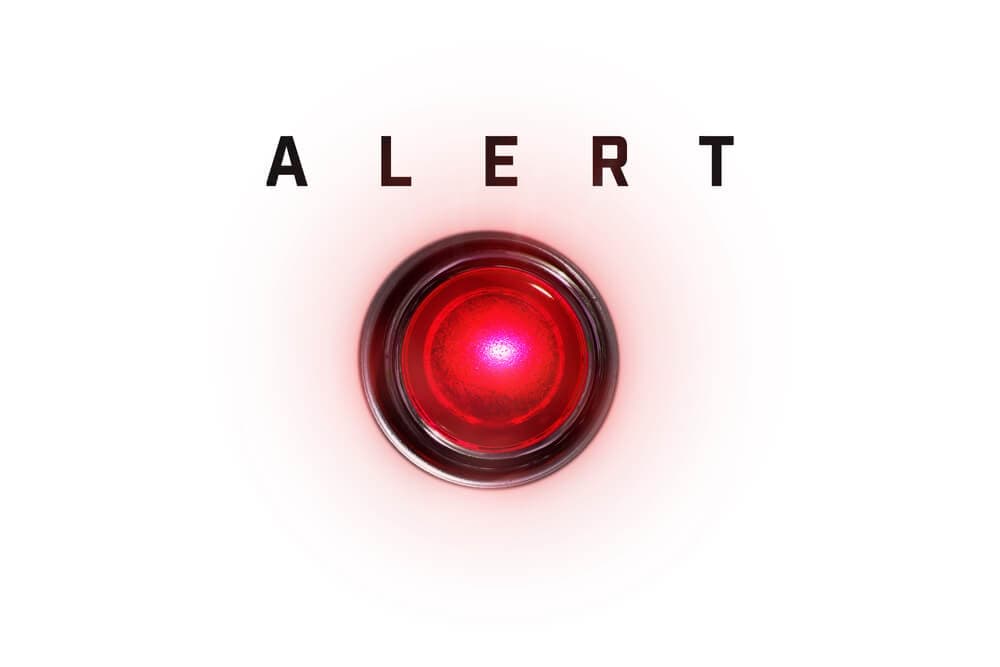
October 25, 2024
Understanding ADHD in Adults: Symptoms, Diagnosis, and Living with the Disorder
Attention Deficit Hyperactivity Disorder (ADHD) is often perceived as a childhood disorder, but it can persist into adulthood, affecting millions of adults worldwide. While many adults may have been diagnosed in childhood, others may not realize that they have ADHD until later in life. In this blog, we will explore the symptoms of adult ADHD, the diagnostic process, and effective strategies for managing the disorder.
What Is ADHD?
ADHD is a neurodevelopmental disorder that affects an individual’s ability to regulate attention, impulses, and activity levels. While it is commonly diagnosed in children, ADHD can continue into adulthood, where it may present differently than in childhood.
Symptoms of ADHD in Adults
Adult ADHD symptoms can vary significantly and may be subtle compared to those seen in children. Some common symptoms include:
- Inattention:
- Difficulty sustaining attention in tasks or conversations.
- Frequently losing items necessary for tasks or activities.
- Struggling to follow through on commitments or instructions.
- Becoming easily distracted by extraneous stimuli or unrelated thoughts.
- Hyperactivity:
- Feelings of restlessness or being unable to relax.
- Talking excessively or interrupting others in conversations.
- Difficulty engaging in activities quietly, such as reading or watching TV.
- Impulsivity:
- Making decisions without considering the consequences.
- Difficulty waiting for one’s turn in conversations or activities.
- Frequently changing jobs, relationships, or plans due to impulsive behavior.
- Emotional Dysregulation:
- Difficulty managing emotions, leading to mood swings or irritability.
- Low frustration tolerance and difficulty coping with stress.
- Chronic Disorganization:
- Struggling with organization in daily life, such as maintaining a tidy workspace or keeping track of responsibilities.
The Diagnostic Process
Diagnosing ADHD in adults typically involves several steps:
- Clinical Assessment: A mental health professional will conduct a thorough clinical assessment, including interviews and questionnaires to gather information about the individual’s symptoms, medical history, and how these symptoms affect daily functioning.
- Diagnostic Criteria: The clinician will reference the Diagnostic and Statistical Manual of Mental Disorders (DSM-5) criteria to determine if the individual meets the criteria for ADHD.
- Self-Report and Observations: Self-reporting tools, such as rating scales and questionnaires, can provide additional insights into the individual’s symptoms. Input from family members or close friends can also be valuable in the assessment process.
- Exclusion of Other Conditions: The clinician will assess whether the symptoms are better explained by other mental health conditions, such as anxiety, depression, or substance abuse, as these can often co-occur with ADHD.
Living with ADHD as an Adult
Living with ADHD can present unique challenges, but effective strategies can help manage symptoms and improve quality of life:
- Medication: Stimulant medications, such as amphetamines and methylphenidate, are often prescribed to help manage ADHD symptoms. Non-stimulant medications may also be used in some cases. It’s essential to work closely with a healthcare provider to find the right medication and dosage.
- Cognitive Behavioral Therapy (CBT): Therapy can help individuals with ADHD develop coping strategies, improve organization skills, and manage impulsivity. CBT can also address any co-occurring mental health conditions, such as anxiety or depression.
- Time Management Techniques: Adults with ADHD often struggle with time management. Utilizing planners, reminders, and timers can help individuals stay on track with tasks and deadlines.
- Creating Structure: Establishing routines and structures in daily life can aid in managing symptoms. This can include setting specific times for tasks, breaking larger projects into smaller, manageable steps, and organizing physical spaces.
- Mindfulness and Relaxation Techniques: Mindfulness practices, such as meditation and deep breathing exercises, can help individuals manage stress and improve focus.
- Support Groups: Joining support groups for adults with ADHD can provide a sense of community and understanding. Sharing experiences and coping strategies with others facing similar challenges can be empowering.
ADHD is a complex disorder that can significantly impact the lives of adults. Understanding the symptoms, diagnostic process, and effective management strategies can help individuals with ADHD lead fulfilling and productive lives. By raising awareness about adult ADHD and promoting understanding, we can foster a more supportive environment for those affected by the disorder. Remember, ADHD is not a limitation; it is a different way of processing information and navigating the world.
Ready to get help? Let us call you right now


